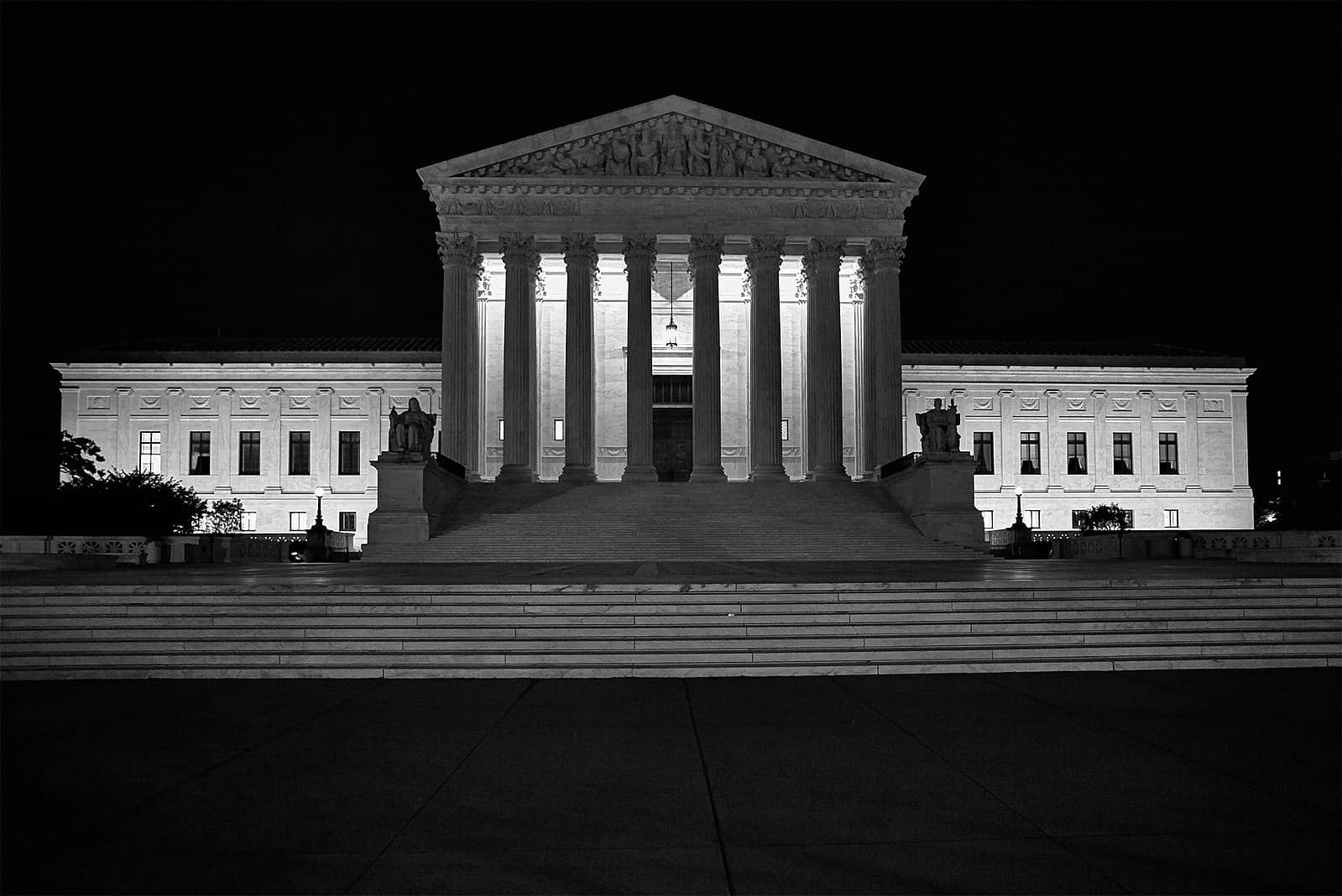
Sunah Chang is a student at Harvard Law School.
In today’s news and commentary: the NLRB drops its appeal of a district court case striking down its joint employer rule, red states reassert challenge to EEOC’s pregnancy rule, and the W.N.B.A. players’ union taps advisors.
Last Friday, the NLRB dropped its appeal of a district court’s decision striking down its 2023 joint employer rule, which would have classified many companies as employers of contract or franchise workers, requiring them to bargain with these workers pursuant to the NLRA. More specifically, the 2023 rule sought to treat companies as “joint employers” of franchise or contract workers so long as they have direct or indirect control over the essential terms and conditions of employment. In its motion to the Fifth Circuit for voluntary dismissal, the NLRB noted that it “remains of the opinion that its 2023 Rule meets the procedural and substantive requirements of the Administrative Procedure Act and the National Labor Relations Act.” It remains unclear whether and how this Fifth Circuit dismissal will impact other pending cases concerning the joint employer rule in the D.C. Circuit.
Riding the wave of the recent Supreme Court decision narrowing the power of executive agencies, 17 Republican attorneys general have filed an appeal to the Eighth Circuit challenging the EEOC’s 2024 rule expanding workplace accommodations for abortions. The states seek to reverse a ruling by the Eastern District of Arkansas from earlier this summer, which upheld the EEOC’s interpretation of the Pregnancy Workers Fairness Act under the Chevron doctrine. Citing the Supreme Court’s recent overturning of Chevron in the Loper Bright case, the attorneys general have requested that the Eighth Circuit review the district court decision. Furthermore, while the Eastern District of Arkansas dismissed the original challenge for lack of standing, the attorneys general have argued that the district court’s standing analysis erroneously ignored that the EEOC’s rule “inflicts distinct injuries” to the states by overriding their “sovereign interest in protecting fetal life through constitutional, statutory, and workplace policies.”
Lastly, the union representing W.N.B.A. players has summoned a five-person advisory board to assist the union on its collective bargaining strategy. The union and the W.N.B.A. league are currently locked into a C.B.A. that is set to expire in 2027 unless either the league or the players decide to opt out. If either party opts out by November 1, 2024, the parties will have about a year to negotiate a new agreement until the current C.B.A. expires on October 31, 2025. In order to evaluate the choice to opt out, the union has retained five experts—Claudia Goldin, W. Charles Bennett, Deborah Willig, Tag Garson, and David Cooper—to advise on the decision. Salient issues on top of the union’s priorities include improving travel arrangements, salaries, revenue sharing, and parental and fertility benefits.






Daily News & Commentary
Start your day with our roundup of the latest labor developments. See all
July 2
Block, Nanda, and Nayak argue that the NLRA is under attack, harming democracy; the EEOC files a motion to dismiss a lawsuit brought by former EEOC Commissioner Jocelyn Samuels; and SEIU Local 1000 strikes an agreement with the State of California to delay the state's return-to-office executive order for state workers.
July 1
In today’s news and commentary, the Department of Labor proposes to roll back minimum wage and overtime protections for home care workers, a federal judge dismissed a lawsuit by public defenders over a union’s Gaza statements, and Philadelphia’s largest municipal union is on strike for first time in nearly 40 years. On Monday, the U.S. […]
June 30
Antidiscrimination scholars question McDonnell Douglas, George Washington University Hospital bargained in bad faith, and NY regulators defend LPA dispensary law.
June 29
In today’s news and commentary, Trump v. CASA restricts nationwide injunctions, a preliminary injunction continues to stop DOL from shutting down Job Corps, and the minimum wage is set to rise in multiple cities and states. On Friday, the Supreme Court held in Trump v. CASA that universal injunctions “likely exceed the equitable authority that […]
June 27
Labor's role in Zohran Mamdani's victory; DHS funding amendment aims to expand guest worker programs; COSELL submission deadline rapidly approaching
June 26
A district judge issues a preliminary injunction blocking agencies from implementing Trump’s executive order eliminating collective bargaining for federal workers; workers organize for the reinstatement of two doctors who were put on administrative leave after union activity; and Lamont vetoes unemployment benefits for striking workers.